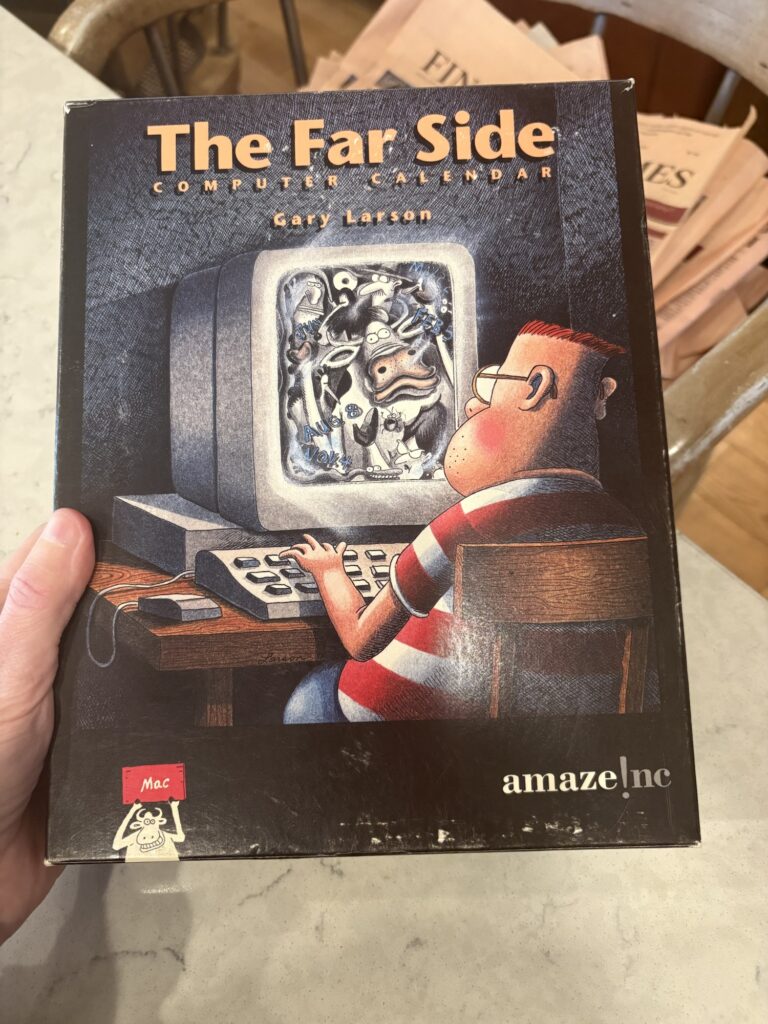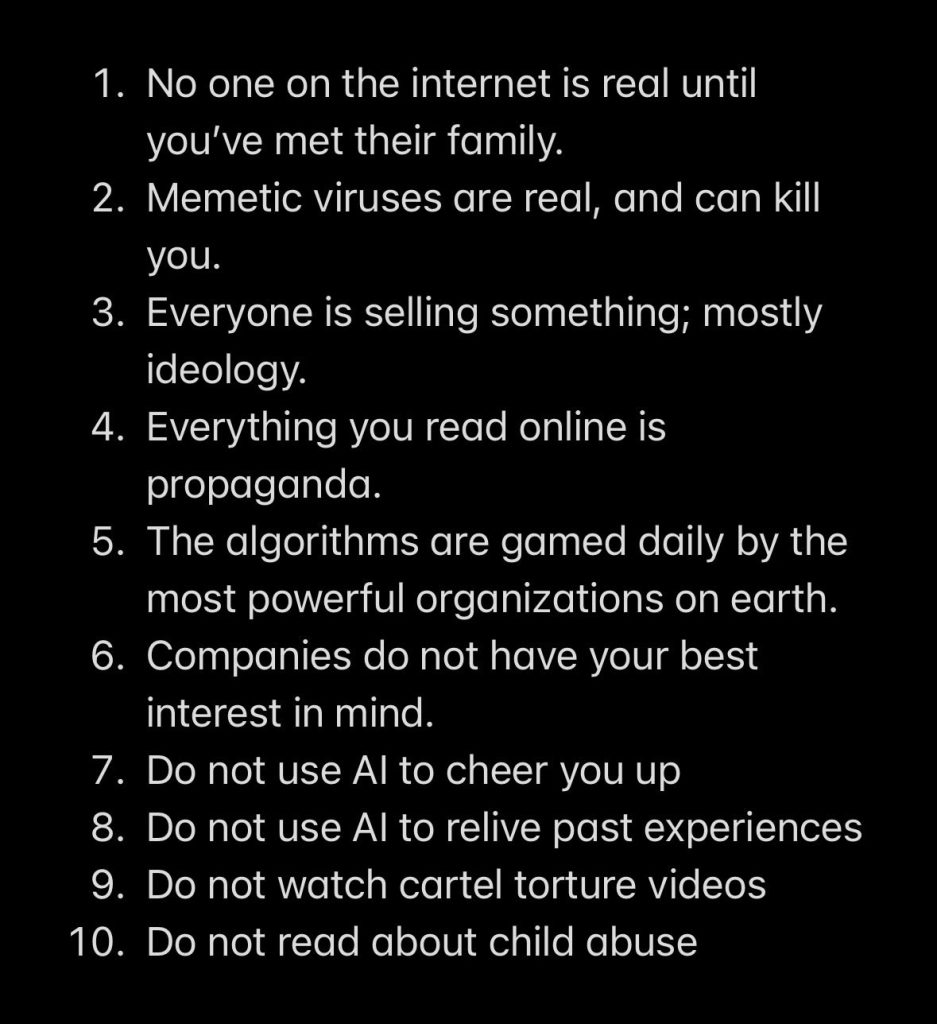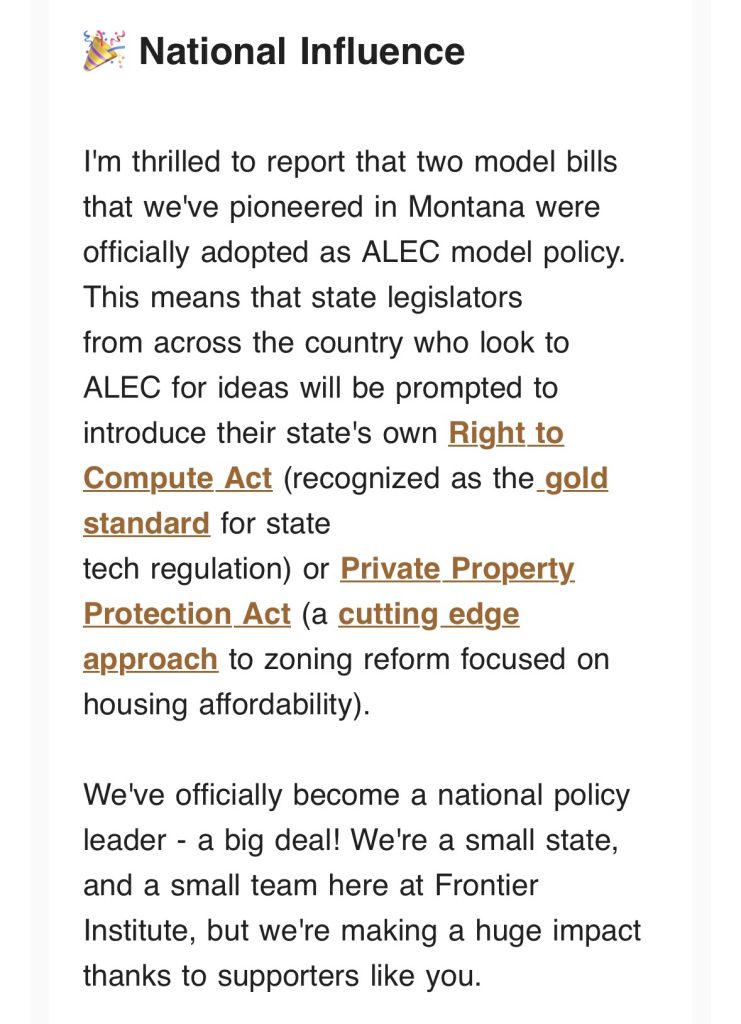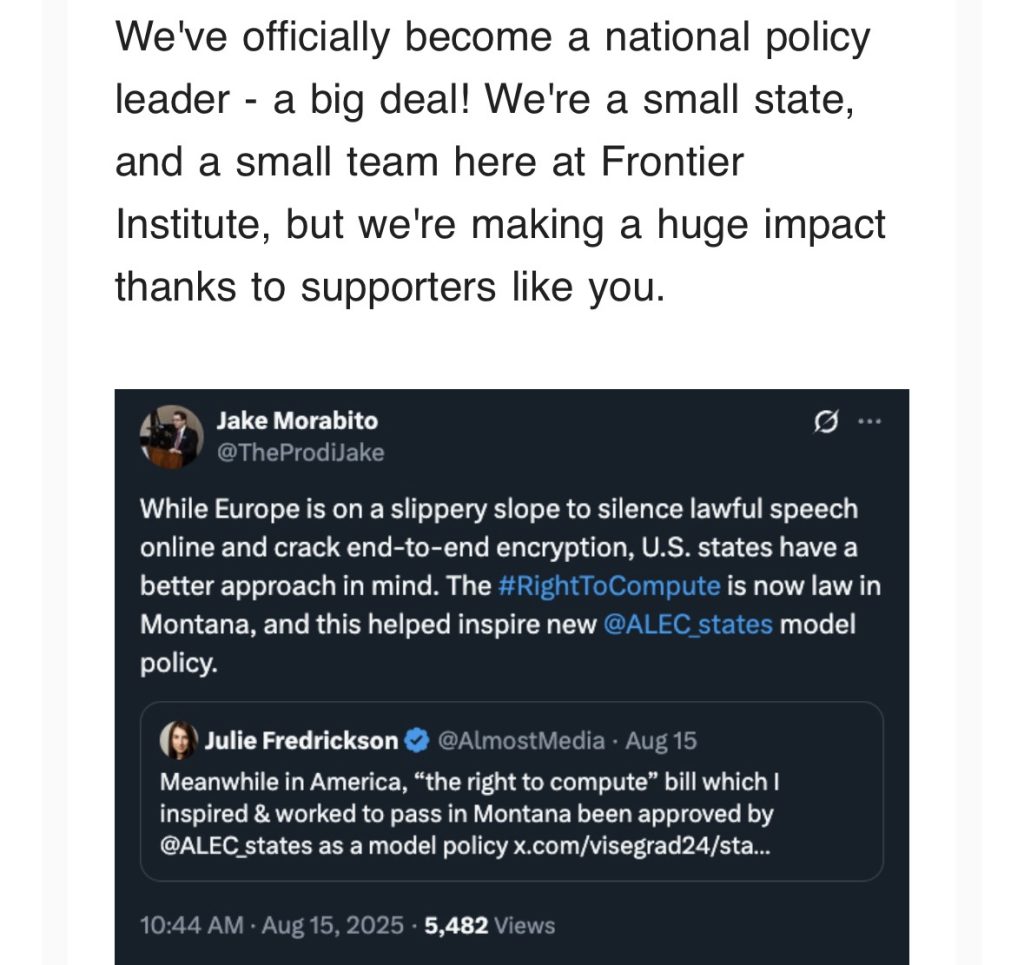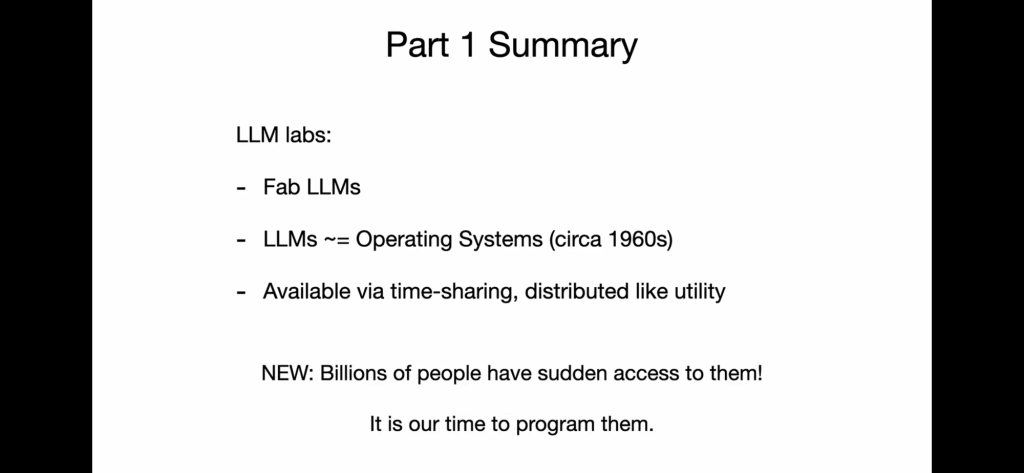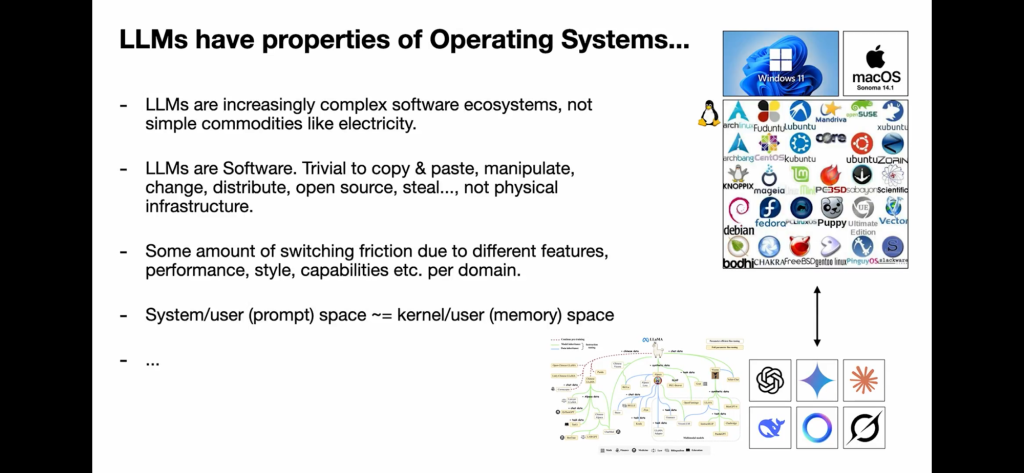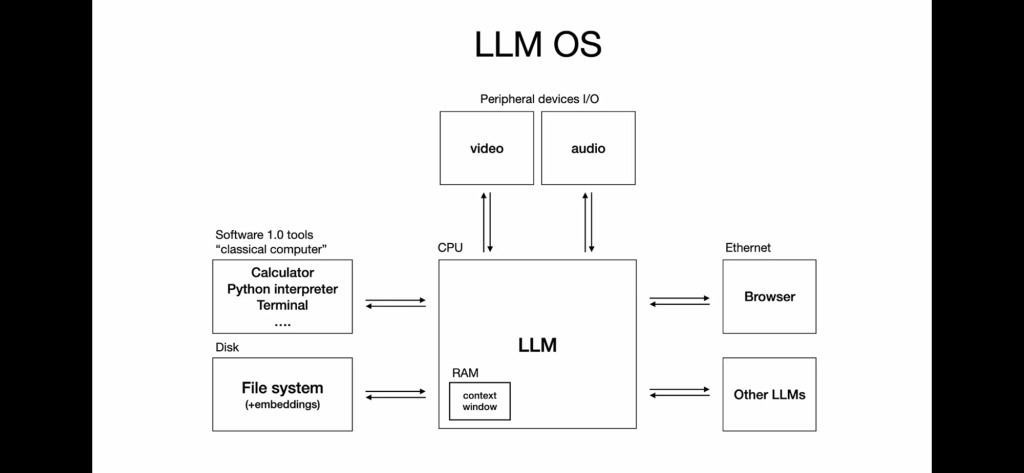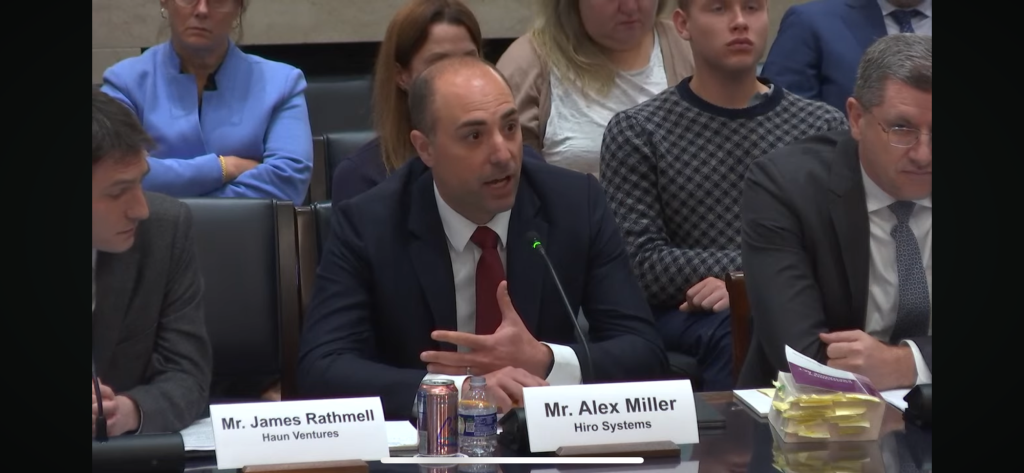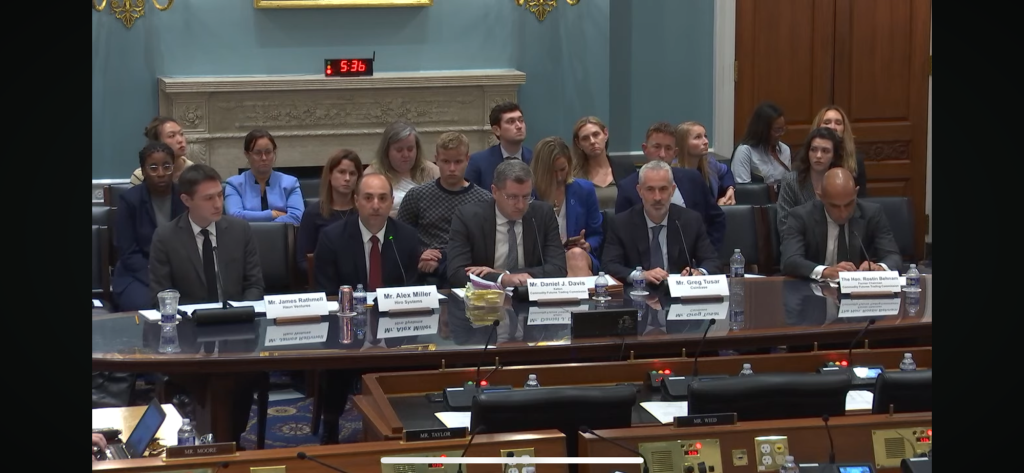Many moons ago, when I was first attempting to get a diagnosis for why I was always in pain and exhausted, I got a battery of allergy tests. I did the “gold standard of allergy testing” called patch testing which is a form of pin prick testing designed to pick up responses that may be delayed.
It was an awful experience. I barely made it through the 5 day trial between the 100 allergen pin pricks and final measurements.
I remember begging the doctor for a way to measure early. I asked if I could take some Benadryl to take the edge off. Alas the only way it would be accurate and covered by my insurance is if I gutted it out.
You are not allowed to shower, sweat, be exposed to UV rays (no going outside) or take immune suppressants that might subdue your body’s response.
I was struggling to breathe, my entire body itched and ached, and I had a migraine so bad I couldn’t see for the stars & dizziness. It’s possible I wasn’t stable enough to have adequately consented to the test but I did get my final results.
Out of 100 common allergens tested it was confirmed I was extremely allergic to 10 of them with another moderate sensitivity set of twenty or so that I should merely try to avoid as opposed to my firm “no go” list.
The dermatologist gave me a sheet with 75 different chemical names and formats that I might encounter in the wild from these core allergens:
Budesonide
Ammonium Persulfate
Benzisothiazolinone
Limonene
Oleamidopropyl Dimethylamine
Formaldehyde
Lauryl Glucoside
Methylisothiazolinone
Propolis
Thimerosal
I instructed to search ingredient lists for these names any time I purchased a household product, personal care item, cosmetic or other item which might include these ingredients which ranged from nail care to vaccines.
It was honestly quite overwhelming. And some of the above ingredients are in basically everything. I dare you to avoid Limonene for a month.
So my husband and one of our best friends did what any practical minded engineer would do and they made me simple Google sheet where all 75 varietals could be checked if I plugged in the ingredients from any item.
I used it for years. I’d plug in the INCI from every brand I encountered into the sheet no matter what. I gave away a lot of products to friends.
Today it occurred to Alex that we should probably vibe code the thing into a proper web application using Replit so other people could check ingredient lists for their own allergies.
Within two hours, most of which was waiting on the kindly AIs to do their thing, we had a fully functional web application.

You can set your own allergens or click a few buttons for common allergens and “clean ingredient standards” and run a check for an all clear.
It isn’t super fancy but it doesn’t need to be. It just needed to keep your data safe, be easy to log into so you can securely check and access your personal list and generally functional enough to change and set allergens. We’ve put it on our own little domain just to see how much this will cost to run (and we’ve set up alerts so it doesn’t go bonkers) but we figured this should be accessible and simple.
And while there are other options on the market, most are bloated, overly paranoid and designed for scaring California moms rather than quickly helping people with clear preferences for avoidance and actual tested allergies. So hopefully our pain can help you breathe easier.



